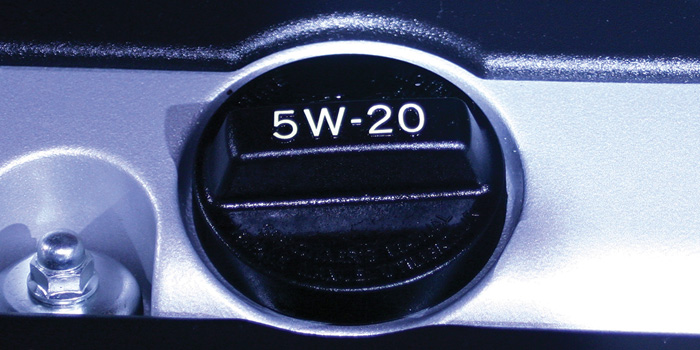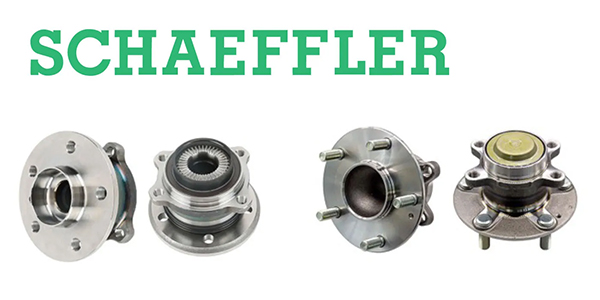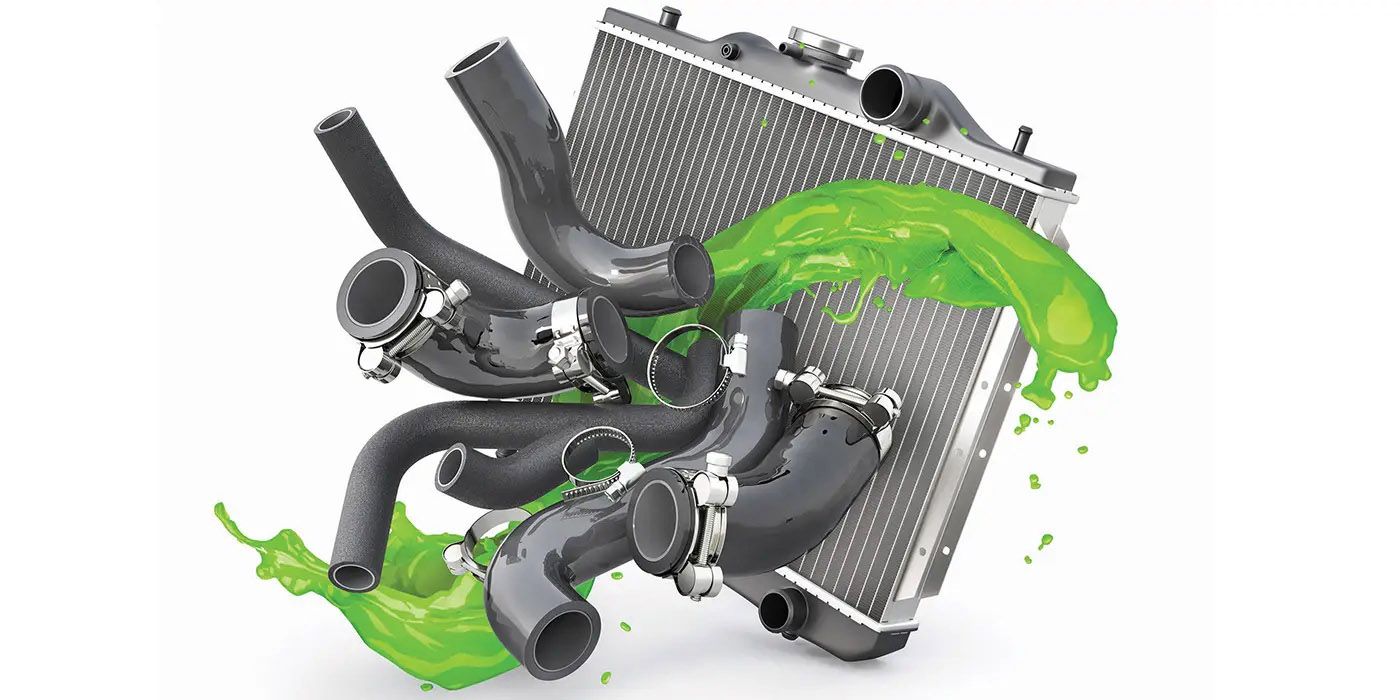Take a stroll down the motor oil aisle in any parts store and you’ll see row after row of different brands, viscosities and formulations. There are specially formulated oils for European cars, for certain late-model domestic cars (GM dexos, for example), for diesels, for high-mileage engines (over 75,000 miles), and for motorcycles and various types of small engines (2-stroke and 4-stroke).
For many consumers, the choices can be confusing and overwhelming. What viscosity oil should I buy? Should I buy a conventional oil, a “semi-synthetic” oil or a “full synthetic” oil? Does my engine have oil requirements? How can I tell if an oil meets those requirements?
First and foremost, the “right” oil for any given application is one that meets all OEM requirements for the vehicle. The brand of oil does not matter as long as the oil has the correct viscosity and meets the OEM performance requirements. This includes conventional oils, synthetic blends and full synthetics.
The viscosity requirements for a particular application can be found in the owner’s manual, or marked on the engine’s oil filler cap or dipstick.
Equally important are the performance requirements, which also can be found in the owners manual or service literature. Performance requirements include things like wear resistance, friction reduction, viscosity stability over time, the ability to disperse pollutants in the crankcase and keep the engine clean, the ability to resist foaming and inhibit corrosion, the ability to resist high temperature breakdown, and so on.
The oil’s additive package also has to be correct for the application. Diesel engines require oil formulated for diesel engines. Gasoline engines require oils formulated for gas engines. The base oils and additives in some products can meet both criteria. Two-stroke small engines also require an oil that is specially formulated for them as do engines that run on propane or LP gas.
Every vehicle manufacturer has a battery of lab tests that an oil must pass before it can claim to meet their standards. Oil companies do their own testing, and if they determine their product can pass all of the required tests, they will say their product “meets or exceeds” specific OEM requirements. The specific OEM standards they meet will usually be listed on the product label.
If an oil does not meet the OEM requirements for the applications, it should not be used in that application. Period!
The type of oil (conventional, blend or full synthetic) doesn’t matter as long as it meets the OEM requirements. However, synthetics generally provide the best all-round performance as well as longer service intervals, but they also cost more.
Motor oils also may have a service rating from the American Petroleum Institute (API) and/or the International Lubricant Standardization and Approval Committee (ILSAC). The current API service ratings are “SN” for 2011 and newer vehicles, “SM” for 2005 to 2010 models, “SL” for 2001 to 2004, and “SJ” for 1997 and back. All API ratings are backwards compatible, but not forwards compatible. The current API rating for diesel oils is “CJ-4.”
The current ILSAC ratings are “GF-5” for 2011 and newer vehicles, “GF-4” for older models. Two new “GF-6” ratings (GF-6A and GF-6B) are coming next year: a new GF-6A higher performance oil (which will be backwards-compatible), and a new GF-6B oil for next generation engines and ultra-low viscosity oils (0W-16 and 0W-8), which will not be backward-compatible. CM










